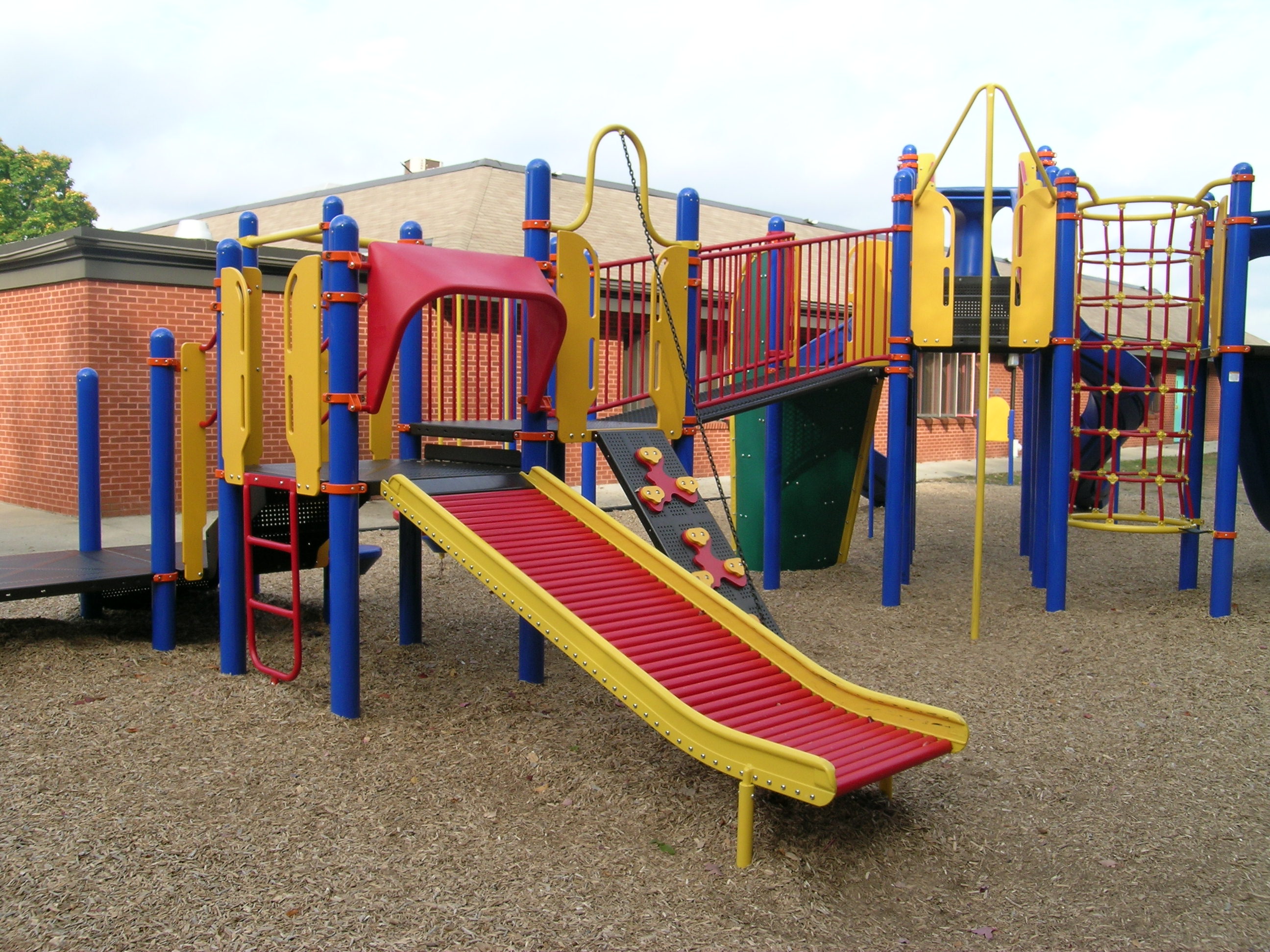 As a property manager, you wanted to stay with the latest cloud technology, so you trusted your valuable data to a web-based software company. This scenario could be your company, it is real, and could happen in the near future.
As a property manager, you wanted to stay with the latest cloud technology, so you trusted your valuable data to a web-based software company. This scenario could be your company, it is real, and could happen in the near future.
8:00am – Everybody is calm, laughing and enjoying their first cup of coffee. Computers are glowing with the dashboard of your web-based software. As a property manager you are experiencing just a normal work day.
8:05am – Suddenly all computers show a screen ‘NETWORK NOT FOUND’. No problem, soon it will be back up, just reboot your routers.
8:20am – This is becoming annoying, the computers are still not booting up to the Internet, so nobody can log into your property management software.
9:00am – Tenants are starting to call, they cannot process their rent payments. Still no Internet.
10:00am – The first owner calls and complains that the owner portal is down. They need the data for a meeting. Owner payments are due today.
11:00am – More tenants are calling, some are requesting emergency repairs. Work Orders and repair request are all handled by the software, which dead.
12:00pm – You have 5 office employees on the clock that are sitting around waiting for the Internet to return. Things are getting worse by the minute.
1:00pm – Everyone is watching the TV. There has been a major Internet disruption due to a cyber attack. No word on restoration of services.
2:00pm – No work has been done since early this morning. You have already lost productivity, plus tenants, owners, and vendors are lighting up the phones with complaints.
5:00pm – No answers, no work, employees go home … you’ll have to get everything caught up tomorrow.
 The next day – The cyber attack has spread, servers are down all over the country. You still need to pay all employees to come in to field phone calls from angry tenants and owners. You are having to call vendors to send them out for repairs, but you cannot process their payments. They are not happy. Tenants are being told to bring in their rent payments in person, but all transactions have to be recorded into a spreadsheet for transfer into the cloud property management software sometime later… if at all.
The next day – The cyber attack has spread, servers are down all over the country. You still need to pay all employees to come in to field phone calls from angry tenants and owners. You are having to call vendors to send them out for repairs, but you cannot process their payments. They are not happy. Tenants are being told to bring in their rent payments in person, but all transactions have to be recorded into a spreadsheet for transfer into the cloud property management software sometime later… if at all.
The third day – No change. You are losing money right and left. Your business cannot do anything but take calls and promise you are doing everything possible. No banking, no property management, a total disaster.
After that – total panic. Your business is totally down. You don’t have a backup of your tenants, owners, or vendors. You call your web based property management software company for hours and cannot get through. Once you get to speak with someone, they tell you their server has been part of the attack and they cannot promise that anything can be restored. Your business is in deep trouble, this could take weeks to restore if ever….
Is this scenario possible or just a scare tactic?
Ben Lawsky, head of New York’s Department of Financial Services (DFS), said he fears a large enough hack on Wall Street firms could “spill over into the broader economy” — not unlike the mortgage meltdown of 2008.
“We are concerned that within the next decade, or perhaps sooner, we will experience an Armageddon-type cyber event that causes a significant disruption in the financial system for a period of time,” said Ben Lawsky, head of New York’s Department of Financial Services. He called such an attack a “cyber 9/11.”
Recently senators that have classified access and infrastructure experts agree on an impending major cyber attack. A recent New York Times article warns that Russia could be planning an attack affecting “almost all global Internet communications, raising concerns among some American military and intelligence officials that the Russians might be planning to attack those lines in times of tension or conflict.”
Think about the breaches in security at Target, Home Depot, Amazon, Staples, JP Morgan Chase, Yahoo, Apple, Google and hundreds of supposedly well protected sights. They are getting worse, not better. No company is safe from this, no matter what the software vendors tell their customers. You are probably using the software as SAAS (software as a service) which simply means monthly payments. That can be cut off at any time. Your data can be inaccessible at any time if the Internet has a problem. That means your entire business could at risk.
Our own national security experts are warning about an impending cyber threat coming from other countries that would target critical USA infrastructure systems. Adm. Michael Rogers, The director of the National Security Agency, told the House Intelligence Committee he expects a major cyber attack against the U.S. in the next decade. “It’s only a matter of the ‘when,’ not the ‘if,’ that we are going to see something dramatic,” he said.
If you think your web based software is safe, think again. Even if you are able to make regular backups from your server, the effects of an Internet shutdown would be devastating to your property management company. You have been entrusted with the most valuable information from your tenants, your owners, your vendors, and all of the companies that you do business with. You might want to think about that before you put everything in the ‘cloud’.




